Discrimination refers to the act of discriminating between people on the basis of certain personal characteristics, such as race, ethnicity, gender, age, religion, disability, and so on. It can take various forms, such as verbal, physical, institutional and structural, and can lead to unequal treatment, exclusion, and limiting opportunities and access to resources for individuals and groups. Discrimination is a widespread problem in many societies and can lead to serious psychological and social harm to its victims.
Anna works for a large company and always thought she was (open minded) and had no prejudices. But during a team meeting, she noticed that she automatically paid less attention to the comments of her female colleagues. This realization made her uncomfortable and she realized that she had to examine her own biases and create awareness about them.
Anna decided to seek education about discrimination and prejudice. She started reading articles, attending workshops and listening to other people's stories. This opened her eyes to the ways in which discrimination manifests itself in our society. She realized the importance of listening to others' experiences and being empathetic.
By examining her own biases, Anna became more aware of her own thoughts and behavior. She learned that it's okay to make mistakes, but it's important to acknowledge and address them. Anna became more open to the ideas and comments of her female colleagues and made it a point to also highlight their contributions in team meetings.
Anna's story shows how it is possible to examine our own prejudices and work on awareness around discrimination. Through education and empathy we can contribute to a more inclusive and equal society.
Read tips below to raise awareness of discrimination:
- By listening to the stories of people from marginalized groups and learning about their experiences of discrimination, you can gain a better understanding of the challenges and issues they face. By listening to their personal stories, you can develop empathy and understanding for their situation and perspective. It can also help to recognize and acknowledge your own biases and blind spots. It is important to take these stories seriously and use them to work towards a more inclusive and equal society.
Discover the many faces of discrimination
- To raise awareness about discrimination, it is important to learn about the different forms of discrimination and the impact it has on individuals and communities. Discrimination can occur based on factors such as race, ethnicity, gender, sexual orientation, age, religion and disability. It can take different forms such as verbal, physical, institutional and structural. Understanding and recognizing these forms can help us become more aware of the ways in which discrimination manifests itself and the impact it has on individuals and society as a whole. This can help us work more effectively to combat discrimination and create more inclusive and equitable communities.
Listen to different perspectives and challenge stereotypes
- To raise awareness about discrimination, it is important to be critical of the information we receive from the media and other sources. The media can play an important role in shaping our beliefs about different groups of people and can contribute to the propagation of stereotypes and prejudices. That is why it is important to be critical about the information we receive and to look for different perspectives. It can be helpful to seek information from different sources and listen to different voices, especially those of marginalized groups. This can help to gain a broader understanding of the experiences of different groups of people and to understand the complexities of discrimination. By being critical of information sources, we can raise awareness of the ways discrimination is portrayed and work to combat it.
Reflecting on our own biases and challenges
- Reflection on our own biases and challenges is an important step in raising our awareness of discrimination. We all have our own biases and limitations that can influence how we think and act. It is important to acknowledge these biases and understand how they can influence our behavior.
The power of dialogue
- Having open and honest dialogues with others is an important step in raising our awareness of discrimination. By listening to different perspectives and experiences, we can increase our understanding of discrimination and its impact on individuals and communities. It can also help to ask questions and search for more information to deepen our understanding. It's important to have these conversations in a respectful and inclusive way, trying to understand rather than judge. By being open to different perspectives and experiences, we can raise awareness of discrimination and contribute to more inclusive and equitable communities.
Listen and show empathy
- Active listening and empathy are crucial skills in raising awareness and combating discrimination. By actively listening to the experiences and perspectives of others and showing empathy for their situation, we can develop a deeper understanding of the impact of discrimination and the needs of marginalized groups. It is important to strive for understanding and acceptance of diversity, and to become aware of our own biases and stereotypes that can influence our thinking and acting. By practicing and developing these skills, we can work to build inclusive and supportive communities where everyone feels valued and respected.
Look for ways to contribute to a more inclusive and equal society, for example by volunteering or lobbying for change.
- It is important to take action and contribute to creating an inclusive and equal society. There are many ways we can contribute, such as volunteering with organizations that work to combat discrimination, lobbying our government for change, or participating in protests and demonstrations. We can also make conscious choices in our daily lives, such as supporting companies that are committed to diversity and inclusion. By contributing to change and promoting inclusiveness, we can do our bit for a more just and equal society for all.

